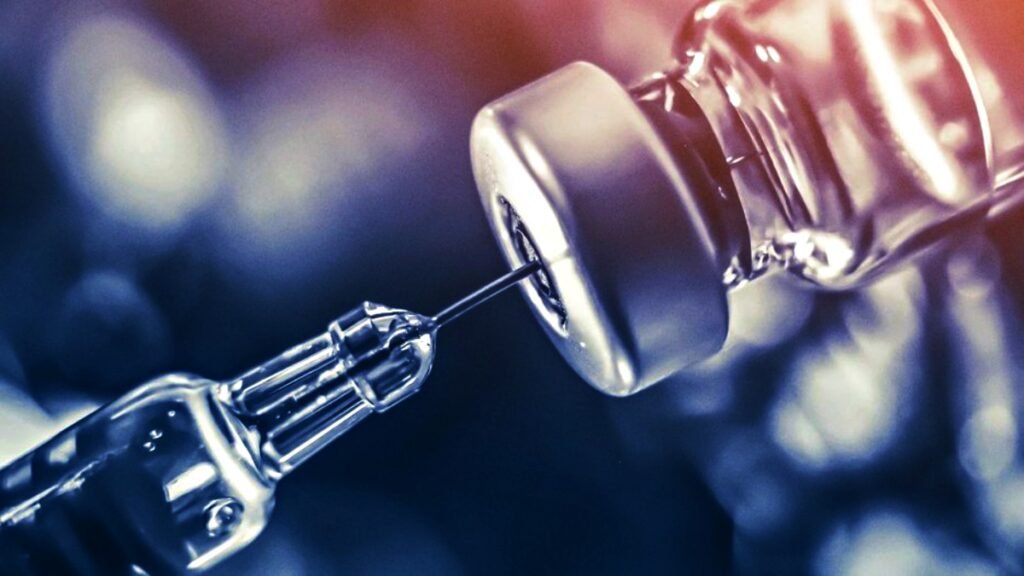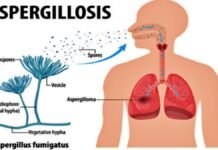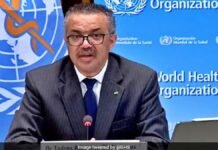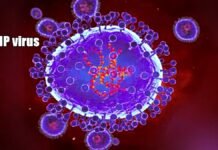
Geneva: A groundbreaking report by the World Health Organization (WHO) reveals that vaccines targeting 24 pathogens could reduce global antibiotic use by 22%, equating to 2.5 billion defined daily doses each year. This finding supports global efforts to combat antimicrobial resistance (AMR), a growing public health threat.
The AMR Crisis
Antimicrobial resistance occurs when bacteria, viruses, fungi, and parasites evolve to resist the effects of medications, leading to more severe illnesses, higher mortality rates, and the spread of hard-to-treat infections. Misuse and overuse of antimicrobials are primary drivers of AMR, yet millions worldwide lack access to these essential medicines. AMR is linked to nearly 5 million deaths annually.
Vaccines: A Key Solution
Vaccines play a crucial role in reducing AMR by preventing infections, thereby decreasing the need for antimicrobials and slowing the spread of drug-resistant pathogens. The WHO report builds on a previous study published in BMJ Global Health, highlighting the potential of existing and new vaccines to save lives and reduce antibiotic use.
Impact of Existing and New Vaccines
- Current Vaccines: Vaccines against pneumococcus pneumonia, Haemophilus influenzae type B (Hib), and typhoid could prevent up to 106,000 AMR-related deaths annually.
- Future Vaccines: New vaccines for tuberculosis (TB) and Klebsiella pneumoniae, once developed and deployed, could avert an additional 543,000 deaths each year. TB vaccines are in clinical trials, while a vaccine for Klebsiella pneumoniae is in early development stages.
Economic Benefits
The economic impact of AMR is staggering, with global hospital costs for treating resistant infections estimated at $730 billion annually. Effective vaccination programs could significantly reduce these costs by preventing infections and reducing the need for expensive treatments.
A Call to Action
Dr. Tedros Adhanom Ghebreyesus, WHO Director-General, emphasized the importance of vaccines in combating AMR: “Prevention is better than cure. Increasing access to existing vaccines and developing new ones for critical diseases like tuberculosis is essential to saving lives and reversing the AMR trend.”
The Path Forward
A comprehensive, people-centered approach is necessary to prevent, diagnose, and treat infections. Vaccination is a core component of this strategy, especially when combined with other interventions. At the recent United Nations General Assembly High-Level Meeting on AMR, world leaders committed to clear targets and actions to address this urgent issue.

By expanding vaccination coverage and accelerating the development of new vaccines, we can make significant strides in the fight against antimicrobial resistance and protect global health.





















































